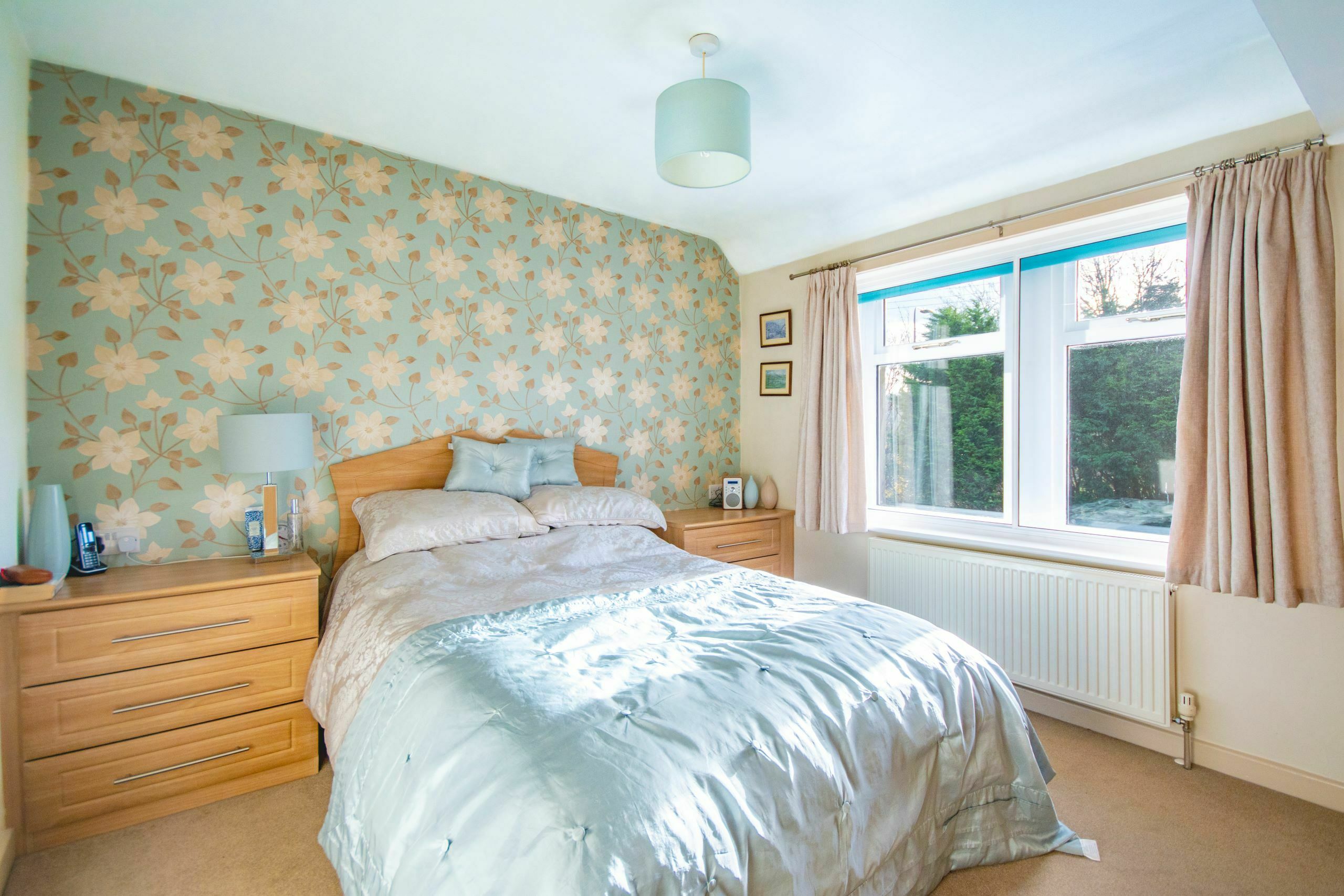Living near a busy road or a noisy motorway can face many challenges, the hardest one to overcome is blocking noise entering your home. Cars and heavy goods vehicles are capable of emitting over 85 decibels which can be detrimental to health. Studies suggest that living in areas with high noise pollution can disrupt sleep patterns evoking high levels of stress. The European Union has set 65 decibels as the maximum acceptable limit of noise that a person can tolerate on a daily basis.
How can noise enter your home?
Noise breaching and entering homes is mainly due to poor acoustic insulation, the main contributor is poorly insulated windows. A single glazed fixed window is capable of blocking up to 30 decibels where a double glazed window in a UPVC frame can stop up to 34 decibels. This noise reduction may seem a lot; however, you can still hear the constant rumblings of nearby traffic.
What is the solution?
Homeowners are turning to secondary glazing to mute noise entering their homes. Secondary glazing involves fitting a discreet internal window in addition to your existing, single, double and triple glazed window. It’s a cost-effective and efficient way to insulate and soundproof your windows. Secondary glazing is capable of blocking up to 54 decibels of noise entering your home, this substantial increase in noise insulation can turn the noise of a diesel bus into a whisper.
Noise Insulating Secondary Glazing
The video above demonstrates the substantial impact that secondary glazing has on reducing unwanted noise levels. Sound is transmitted through the primary window by a direct vibration of the glass. The installation of secondary glazing creates a cavity which helps to reduce resonance, as well as providing an additional barrier for the sound to travel through.
Sound insulation given by secondary glazing increases as the gap between the primary window and secondary window increases. A minimum cavity of 100mm is recommended, with optimum acoustic performance achieved between 150mm and 200mm.
A noise reduction of 48 decibels is easily achievable, with the installation of an acoustic laminated glass 54 decibels and over can be accomplished. The noise performance chart below demonstrates what internal noise levels can be expected with single glazing, primary glazing and secondary glazing installed.
Secondary Glazing Installation
Granada glazing manufactured a horizontal sliding secondary glazed unit to offer up to 80% sound reduction. Our horizontal sliders are one of our most popular styles as it provides optimum sound insulation with a smooth opening and closing function.
The panels slide on durable brass rollers to give access to the primary window for cleaning and ventilation. The panels can be individually lifted out of the frame to give full access to the primary window for when general maintenance is required. Granada Glazing’s trade partner recommended the installation of secondary glazing to mute the sound of traffic passing by. The outcome was astonishing where the noise of traffic was turned from the constant noise of traffic into a whisper, this gave a peaceful nights sleep.
Granada Secondary Glazing
We are acoustic and thermal specialists and have designed our secondary glazing systems to offer the very best performance. You can select from over 200 RAL colours with a matt, satin or gloss finish. Our products are manufactured and powder coated in-house to ensure total quality. We have partnered with over 600 skilled trade installers who will carry out the discreet installation in your home. If noise is an issue or your windows are leaking warmth please speak with us directly by telephoning 01909 499 899 or emailing
info@granadaglazing.com
Call us today on: 01909 499 899
